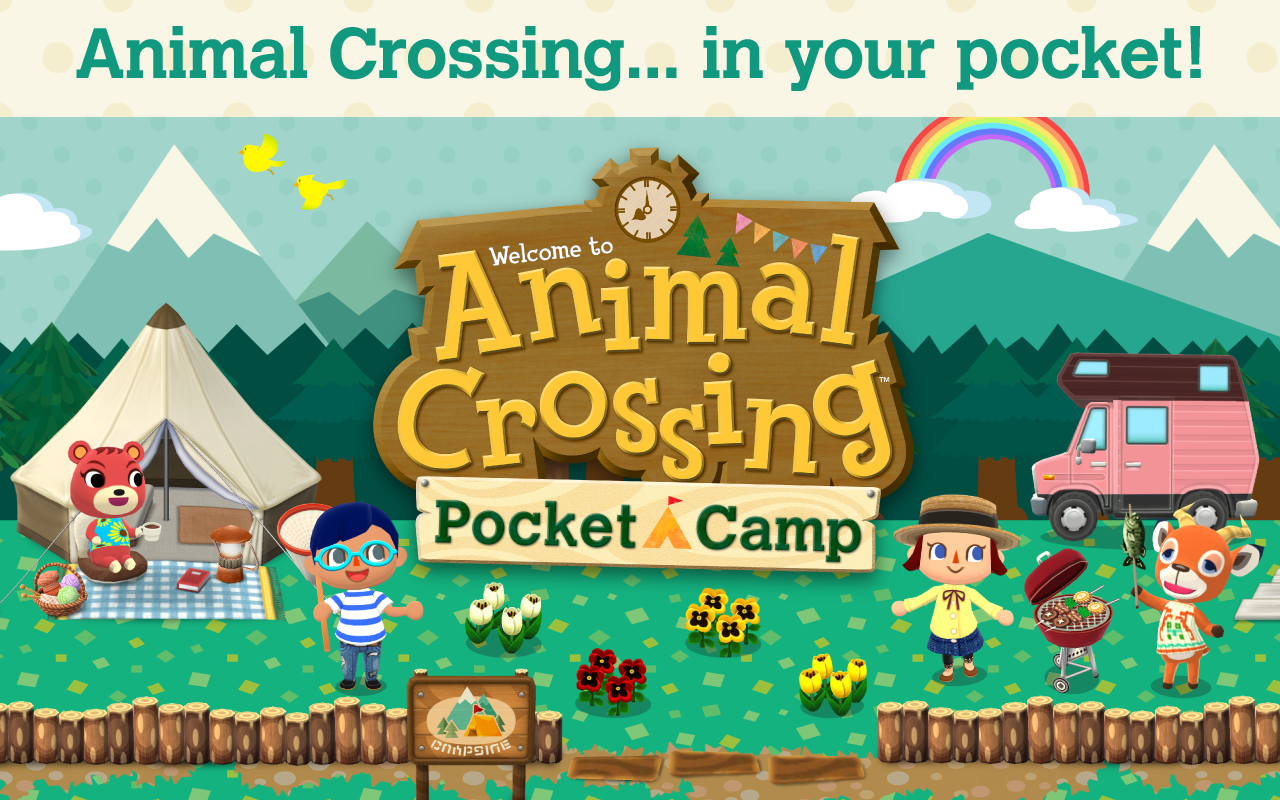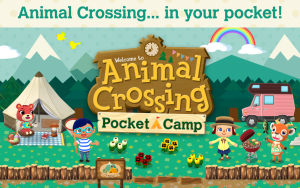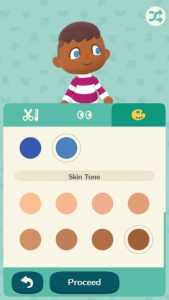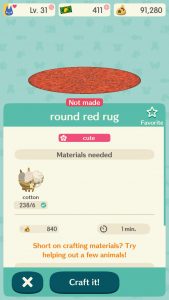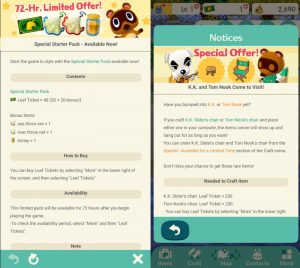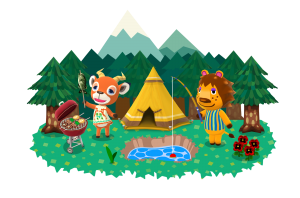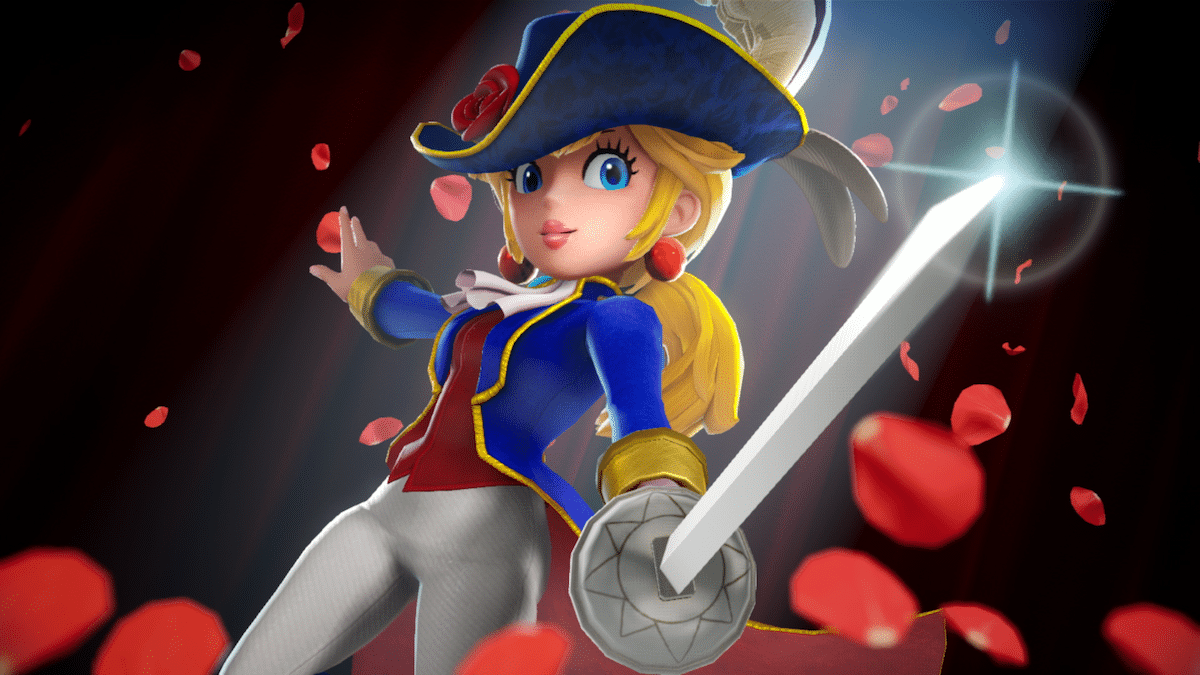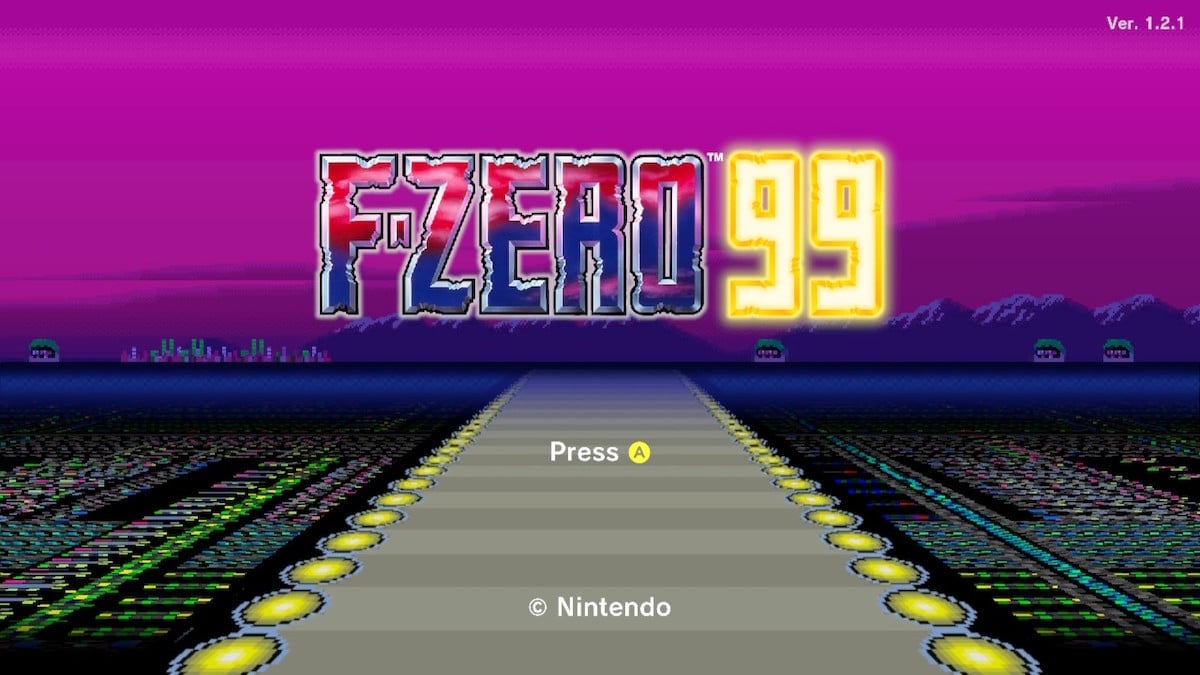Nintendo’s long-awaited Animal Crossing app game Pocket Camp launched on November 21st and it has met a warm reception so far. It’s an absolutely adorable little game, one old fans and new casuals alike could enjoy, but it definitely contains polished microtransaction techniques that deserve a bit of criticism.
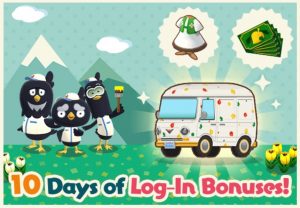
Unlike my experience with Abyssrium (pictured left,) another aesthetically pleasing app game I tried out, Pocket Camp is more gentle-paced for an addictive time model; I sense a bit of a pull that makes it hard to put the game down, but it doesn’t generate a sense of urgency and haste so much as a simpler imitation of life telling me to befriend cute animals and take my time with it.
The interesting thing about character customization in this app compared to console/handheld Animal Crossing games is that skin tone, for the first time in the franchise, can be chosen. Happy Home Designer introduced allowing players to chose their hair/eye color and style as well, which is also included. All of these choices being free options make sense for an app game because the graphics and game economy already take up a lot of data. Impressively, I have had very little technical trouble on this app. PokemonGo, as some of you may know all too well, had numerous glitches and server errors in varying quantities over its first few months. Perhaps Niantic, the developer, didn’t have as much backing from Nintendo as Pocket Camp, an app developed by Nintendo themselves whereas PokemonGo didn’t even have their company name included within the app. (Bear in mind Game Freak has always been the developer behind Pokemon games, but Nintendo is always the publisher. Their hand in Go was so little that they didn’t need to be credited.)
On that technical side of things, I’d say Pocket Camp has been surprisingly strong. I’ve been given error messages and on more than one occasion been sent to the title screen, but these things didn’t render the game unplayable or even crash the app. Most of the time, I click the “OK” on an error message and the game is back to normal within minutes. I have only ever seen lag when I switch between Pocket Camp and other apps, but I haven’t once noticed any frame rate drops. As for data and storage, so far I haven’t noticed any significant consumption of either. The only glitch I’ve encountered is every once in awhile a villager’s arm animation freezes and that’s hardly detrimental.
There’s an elephant in the room that we should always address and it isn’t the cute yellow one that asked me to bring her a mackerel- it’s microtransactions. This topic has been covered by many people and I’m one of those in the camp that says they can be done well. If a game is free to play and it’s rewarding & fun without taunting you with pay-to-win or major exclusive content, then I think it’s easier to part with a couple bucks within it. I’m not quite sure Nintendo does this quite right, however.
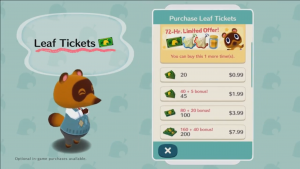
Often these games include multiple currencies, one is easier to find in the game and can’t usually be used to get exclusive content, the other is gained either mostly or entirely through real world money, credit card transactions. Some games try to entice you with the power of that real world currency by drip-feeding you a bit of it, but ultimately being far easier to buy. (That then leads me to wonder why I should be paying not to play the game, but I digress.)
What Pocket Camp does is it gives you the traditional Bells currency, crafting items (much like Minecraft,) and Leaf Tickets (the one you buy with real money.) The best way I can describe this game’s economic progression is clever and almost insidious. You see, when you have the resources (materials/bells) to craft an item, it will take a certain amount of time. Early items usually take about 1 minute, which goes by quickly. Bigger projects, however, really go hard on this. When I went to craft a picnic blanket setup for one section of the camp, I found the craft time was a whopping 48 hours. The increase of time on these crafting segments is gradual. I didn’t reach the 2-day span until I was in double-digit level and meeting new animals left and right. Even so, that absurd length of time is where having Leaf tickets becomes more desirable. From the very beginning, you’re taught that forking over those tickets brings a crafting project to immediate completion. The sooner you craft items for your camp, the sooner you can invite new animals to visit and then place them indefinitely in your space. That’s the goal!
While it is a slow build, this model of incentivized spending doesn’t escape comparison to worse examples, see Dungeon Keeper Mobile where it can take a day just to break through a single block when the crafting station you’re mining for is 3-5 blocks from your position. And the thing is, Pocket Camp does make Leaf Tickets accessible without paying real money; every time your character levels up, you get 10 leaf tickets and 1K Bells. The ticket gain from that method, however, becomes less and less attainable as you go, since each level you gain makes the process of reaching the one after that a bit slower. Essentially, your work for experience points on level 5 is worth much more than it is on level 15. But why would Nintendo raise the amount of leaf tickets you earn on this uphill climb if they want you to pay them?
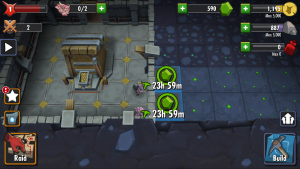
While I feel Pocket Camp slowly grooms the player into impatience and expense with its economic flow, it doesn’t exactly commit the largest sins that are common with many games lately; like Pokemon Go, the premium currencies are still attainable in gameplay, just not as easily. Additionally, it’s free to play. (See Shadow of War, every Assassin’s Creed following Black Flag, etc.) Still, it took me roughly 2 days of playing this game to get to a point where the income of premium currency is far lower than the build-up of crafting items that take hours. I wouldn’t call that fair, but fair isn’t the intention; microtransactions are placed within games because publishers want you to give them more money, so they’re going to try and manipulate you into opening your wallet. For that manipulation to be executed beneficially to the audience as a whole is rare.
So I decided to fork over about $5 to the game. That doesn’t get you a lot of leaf tickets in these promo packs they’re offering for the launch, heck it was just a few on top of some fishing nets and honey to attract bugs. Still, it was enough on top of what I had to get K.K. Slider’s stool. This is a limited-time item that can only be bought with leaf tickets, that brings K.K. to your campsite where he strums his guitar soothingly. Both K.K. and Tom Nook are exclusively available this way. That’s a classic video game industry tactic- put a real price on popular or in-theory-successful content, in this case characters. (Sounds like a page out of Star Wars Battlefront II’s book…)
Pocket Camp is no exception to this fact, but I’ve enjoyed it and had a little too much free time to spare, so I can’t say I don’t recommend giving it a try! Just be wary… the animals won’t bite, but the fluctuation of currency sure does.


